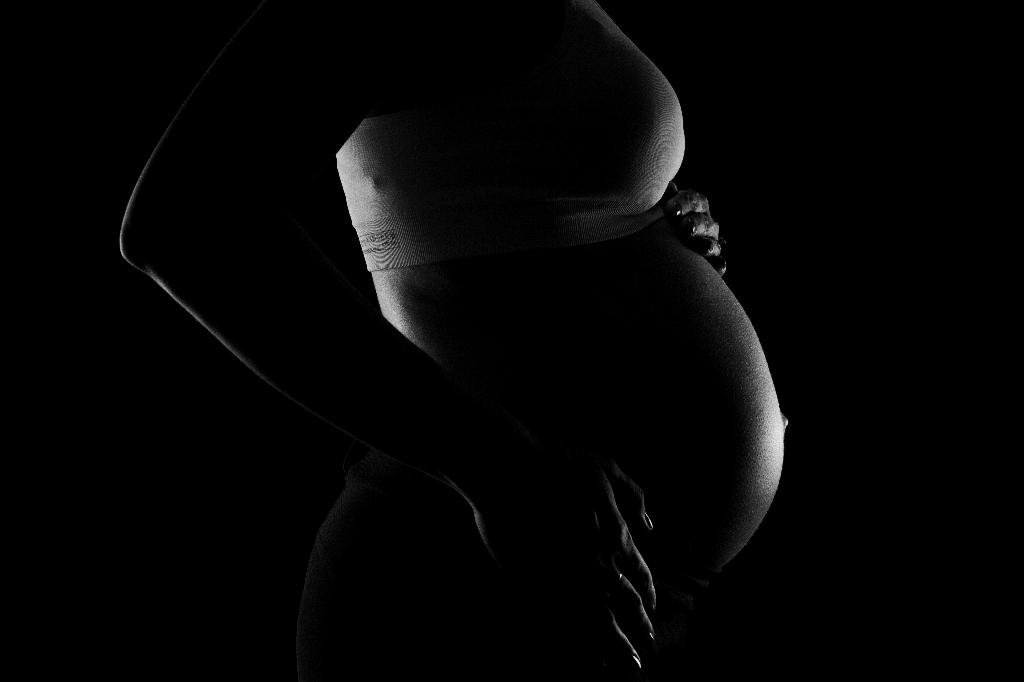If you’ve recently undergone a C-section, you might be experiencing some itching around the incision site. It’s important to remember that this is a common occurrence and is usually part of the healing process. The itching sensation typically arises as the nerves in the incision area begin to regenerate and repair themselves. This can cause heightened sensitivity and result in itching that can vary in intensity.
One of the primary reasons for itching after a C-section is due to the nerve damage caused during the surgery. The nerves near the incision site can become hypersensitive as they start to heal, leading to the itching sensation. It’s crucial to remember that this itching is a sign that your body is actively working to repair the damaged tissues and nerves, which is a positive step in the healing process.
Another factor that can contribute to itching post-C-section is the formation of scar tissue. As your body heals, it produces collagen to help close and repair the incision. The formation of scar tissue can sometimes lead to itching as the skin undergoes the natural process of regeneration. While this itching may be bothersome, it’s essential to allow the scar tissue to form properly to promote optimal healing.
It’s worth noting that itching around the C-section scar can also be a sign of your body’s inflammatory response. The body’s immune system plays a significant role in the healing process, and as the incision site heals, there can be an increase in blood flow and immune activity in the area. This heightened immune response can sometimes manifest as itching, indicating that your body is actively engaged in the healing process.
While itching after a C-section is a common occurrence, it’s essential to monitor the intensity and duration of the itching sensation. If the itching becomes severe or is accompanied by other concerning symptoms such as redness, swelling, or discharge from the incision site, it’s important to consult with your healthcare provider. These symptoms could potentially indicate an infection or other complications that require medical attention.
There are several strategies you can try to alleviate itching around your C-section scar. One common approach is to gently massage the area with a mild, fragrance-free lotion to help soothe the skin. Additionally, keeping the incision site clean and dry can help prevent irritation and discomfort. Avoid scratching or picking at the incision, as this can lead to further complications and delay the healing process.
Applying a cold compress to the itchy area can also provide relief and help reduce inflammation. The cool temperature can help numb the nerve endings around the scar and provide temporary relief from the itching sensation. Remember to always use a clean cloth or ice pack to prevent infection and further irritation of the incision site.
If the itching persists or becomes unbearable, you may consider speaking to your healthcare provider about potential treatment options. Your provider may recommend over-the-counter antihistamines or topical creams to help alleviate the itching. It’s crucial to follow your healthcare provider’s guidance and recommendations to ensure proper healing and prevent any complications.
As you navigate the healing process after a C-section, it’s important to practice patience and self-care. Remember that itching is a normal part of the healing process and is typically a sign that your body is actively recovering. Be gentle with yourself and give your body the time it needs to heal fully. By following proper care instructions and staying in communication with your healthcare provider, you can promote optimal healing and recovery after a C-section.

